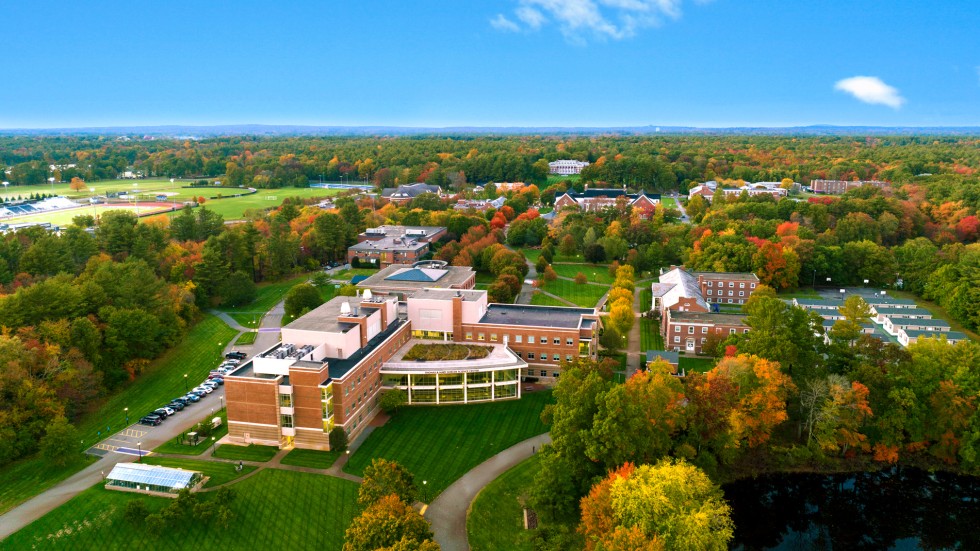2014-2015 HillBook (Class of 2018) [ARCHIVED HILL BOOK]
Sociology and Criminology
|
|
Faculty:
Department Chairperson:
Christopher Wetzel
Professors:
K. Branco
Associate Professor:
A. Rocheleau
E. Tucker
C. Wetzel
Assistant Professors:
M. Boyd
K. Currul-Dykeman
J. Gill
A. Twyman-Ghoshal
Instructors:
P. Kelley
Professor Emeritus:
J. Broderick
The Department of Sociology and Criminology offers majors and minors in Sociology and in Criminology and a minor in Anthropology.
Departmental Mission
The Department offers a program in the liberal arts tradition to provide students with a deeper understanding of the social forces and dynamic changes affecting both contemporary society and personal lives. To this end, the Department emphasizes an analysis of social and behavioral patterns that underlie communal life in the United States and globally. Dedicated to both the social scientific as well as the humanistic traditions, faculty work with students to teach such important skills as systematic observation, critical thinking, statistical sophistication, and the variety of possible explanations for a better understanding of our world as well as of ourselves.
The Sociology and Criminology majors also provide a foundation for careers in many fields, such as social service and human resources, criminal justice and the law, research in public and private agencies, and preparation for graduate work in sociology, criminology, law, social work and related areas. To accomplish these goals, the Department offers three concentrations in Sociology: (1) General Sociology (major or minor), (2) Youth and Family Services, and (3) Social Research, as well as a major or minor in Criminology; and a minor in Anthropology.
Learning Outcomes
Majors in Criminology will:
- develop an interdisciplinary understanding of the major theories which underlie criminology and criminal justice.
- be able to critically compare the conceptual and empirical adequacy of major theories, and utilize at least one of them as a useful framework for analyzing relevant policy issues.
- understand how to define researchable criminal justice policy questions and identify as well as apply appropriate qualitative and/or quantitative social science methods to answer them.
- develop the skills necessary to work within a criminal justice organization, including communication skills, empathy, and understanding of the basic principles of criminal law.
Majors in Sociology will:
- understand the effects of economic, racial, ethnic, gender, cultural, and religious diversity by analyzing the role of race, class, religion, ethnicity and gender in understanding social interaction and how these characteristics influence the distribution of life chances.
- develop creative problem-solving abilities required to analyze and respond to rapid changes in social, political, religious, economic, and other institutions brought about by technology, urbanization, globalization, and demographic changes.
- be articulate in sociological perspectives, theories, and research methodologies to make sense of human social interaction and institutions and be able to apply these tools to their work settings, neighborhoods, and global community.
- develop critical thinking skills to better appreciate various perspectives about the structural causes of inequality so as to create viable solutions to the challenges faced by individuals, communities, our society, and the community of nations.
ProgramsMajorMinor
|
